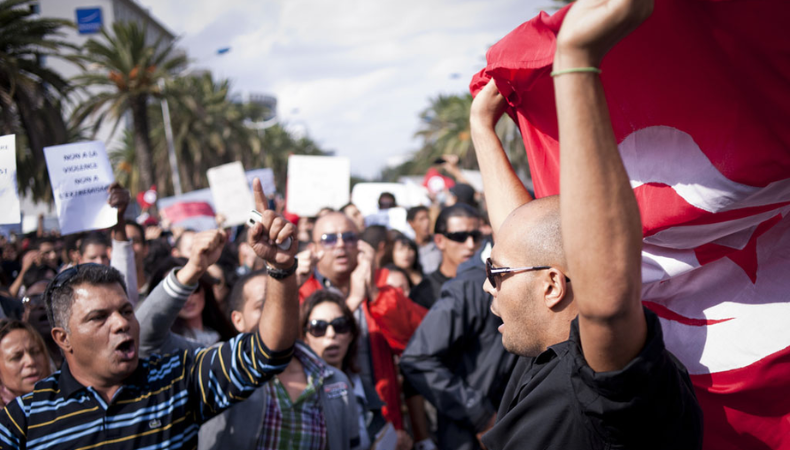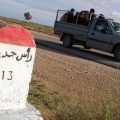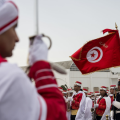Opinion: Is Tunisia at a Crossroads: A One-Man Presidential Race?

Once praised as a shining example of democracy in North Africa, Tunisia is now at a turning point as it gets ready for its forthcoming presidential contest set for October 6th. The National Salvation Front’s choice to abstain from the election, a major opposition alliance, says volumes about the deterioration in democratic values in the nation. This turning point emphasizes strong issues of justice, equality, and the integrity of Tunisia’s voting system.
Consolidation of power by President Saied
Amid great debate, President Kais Saied has created the conditions for a one-man race, therefore casting major doubt on the validity of the voting scene. Tunisia’s political landscape has changed with his recent announcement of the election date and strict new candidate requirements described in the 2022 Constitution—a paper he helped to design. Saied has essentially excluded possible candidates by raising the minimum age requirement for candidates and enforcing strict eligibility standards including rigorous criminal record checks, therefore strengthening his hold on power.
Exclusion and Controversy: Effect on Opposition Views
The elimination of candidates such as Olfa Hamdi, whose bid was denied by last-minute modifications to candidacy criteria, highlights more general objections of arbitrary rule changes meant to quell dissent. Considered as a thinly veiled attempt to suppress opposing voices and limit political participation, the demand for a clean “card number 3,” verifying a candidate’s criminal past, has Opposition parties and civil society organizations, who contend that this action compromises Tunisia’s basic democratic and political pluralistic values, have sharply objected to this action.
Issues of Opposition: Boycott
Critics, among them Republican Party member Wissam Saghir, have correctly noted the lack of a competitive atmosphere and the symbolic character of the election announcement in view of general governmental dominance. Driven by worries about unlevel playing grounds and the imprisonment of political competitors, the boycott of the opposition indicates deep-seated discontent with the shrinking of political liberties and the degradation of democratic values. Complicating Tunisia’s political scene, many of the opposition see the forthcoming election as a formality rather than a real exercise in democratic choice.
The Way Forward: Possibilities and Difficulties
Tunisia’s political destiny teeters among these obstacles. Particularly for powerful factions like Ennahda inside the National Salvation Front, the choice to take part in the election is still debatable. This ambiguity emphasizes how urgently internal debate and outside inspection are needed to make sure Tunisia’s voting system follows democratic values. Holding Tunisian officials responsible and preserving the integrity of the voting process depend much on civil society groups and foreign observers.
International Monitoring and Tunisia’s Democratic Inheritance
Apart from a test of political will, the forthcoming presidential contest is a vital litmus test for Tunisia’s dedication to democratic rule. Once celebrating Tunisia’s post-Arab Spring change, the international world now has to closely watch events to protect democratic gains. Tunisia’s democracy’s fate depends on overcoming these obstacles with openness, inclusivity, and a strong will to protect the rights of every person so they may fairly and freely engage in the political process. Not only for Tunisia but also for the wider area since the result of the election will have significant effects on democratic resilience in North Africa and beyond.
Keep on Reading
Summary: Tunisia’s Part in Democratic Resilience
The result will be felt much beyond Tunisia’s boundaries as Tunisians get ready to vote—or decide not to—in October, therefore influencing opinions of the tenacity of democracy in a country facing an authoritarian comeback. Tunisia’s road forward calls not only for an election but also a declaration of its democratic values and a group will to oppose any efforts to compromise them. The world is observing, and Tunisia’s decisions will have great impact on the Arab world’s and beyond fight for democratic government. Though Tunisia has the chance to reaffirm its position as a leader in democracy in the area, therefore inspiring optimism and determination in the face of difficulty, the challenges ahead are great.







